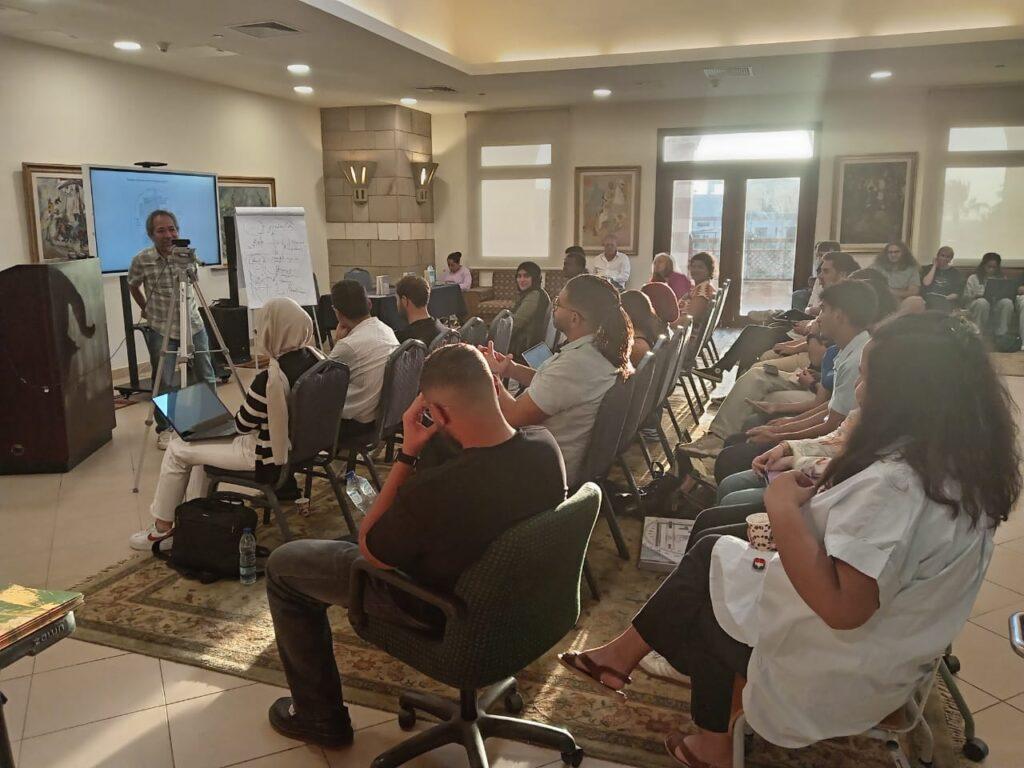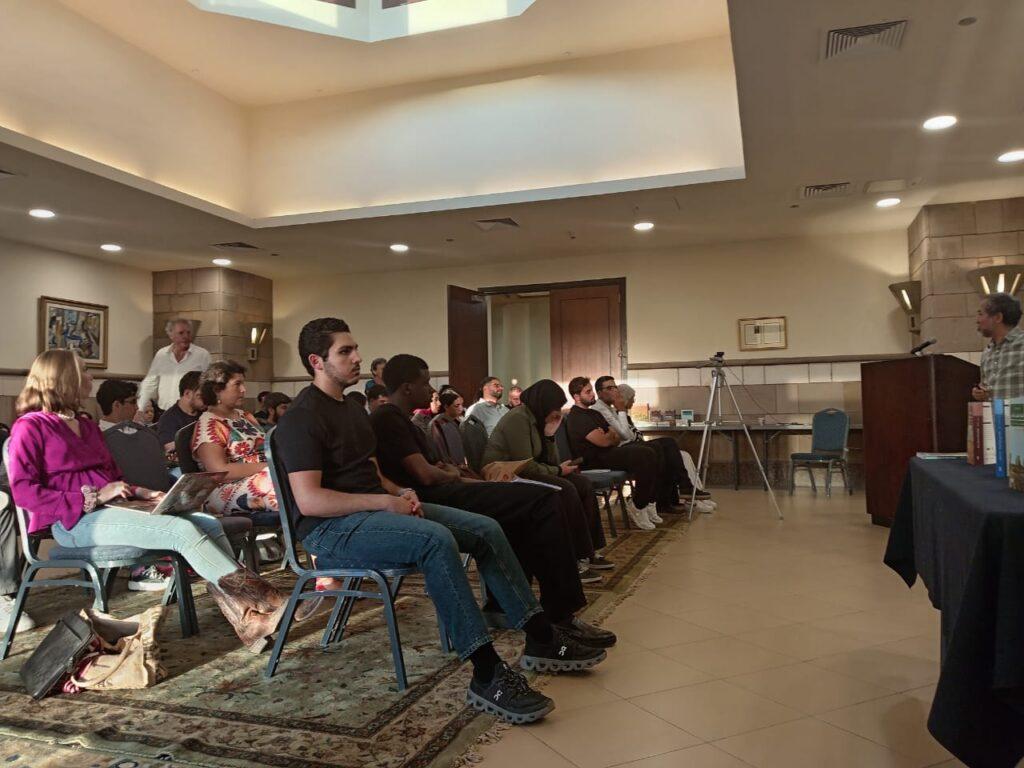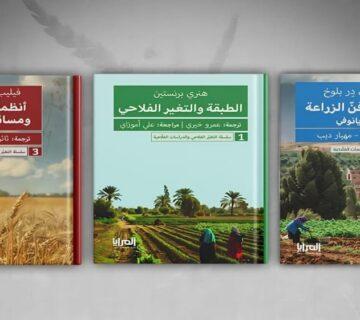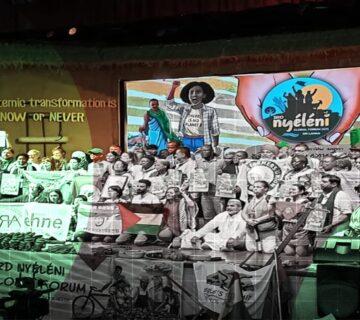Dr. Jun Borras and Dr. Jan douwe van der ploeg gave a lecture at the American University in Cairo, facilitated by Dr. Hanan Saba, Professor of Sociology and Anthropology at the American University, in collaboration with SIYADA Network and the Transnational Institute, on Wednesday, September 24, 2025. The event was attended by students and professors at the university, on the occasion of the launch of the Arabic translation of the book series “Agrarian Change and Peasant Studies“, supported by the Erasmus program at Erasmus University in Rotterdam, Netherlands. The speakers discussed the first three books in the series published by Initiatives in Critical Agrarian Studies (ICAS), focusing on the book Peasants and the Art of Farming, Chayanovian statement.
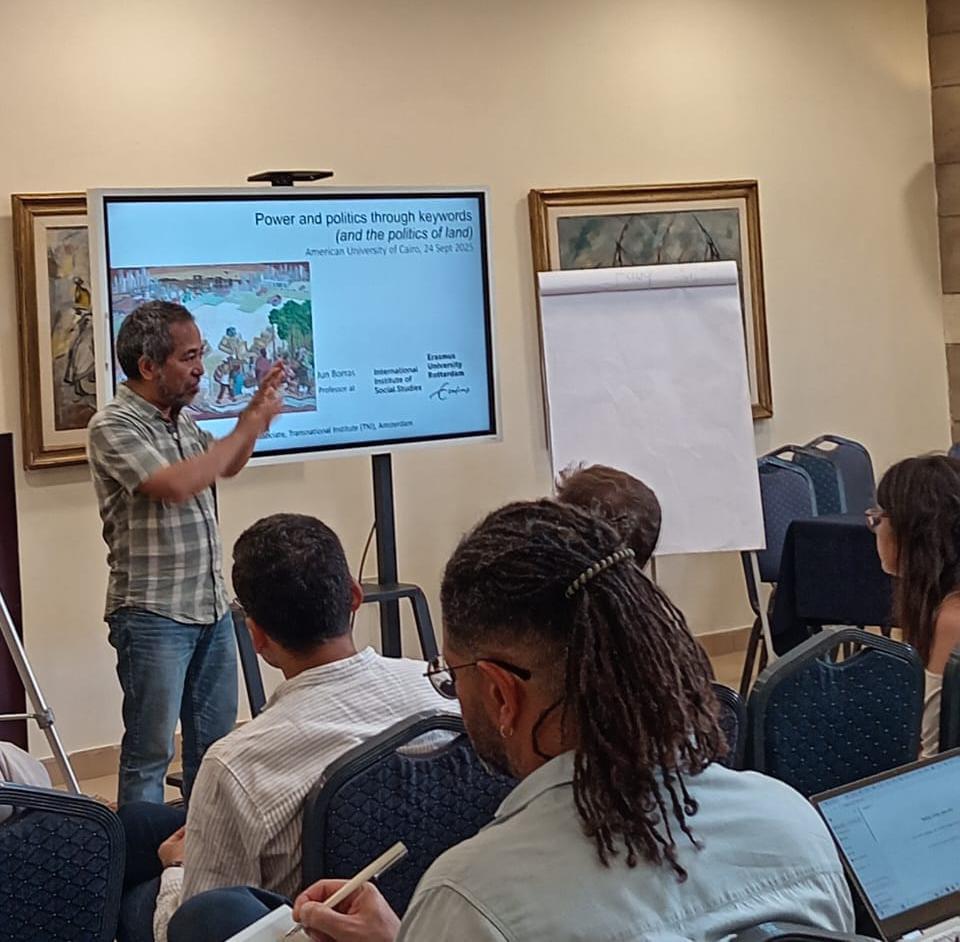
Jun Borras began by giving a detailed introduction to the series, which comprises 14 books, all of which address agricultural issues from a liberating, anti-capitalist perspective. Jun focused his presentation on highlighting the Marxist perspective on agricultural issues and explaining the most important critical approaches that addressed the issues of small food producers, through a presentation entitled: Power and Politics Through Keywords and Land Policy. The presentation also explained the importance of analyzing keywords in the agrarian question, since concepts are always loaded with meanings related to power and inequality. For example, the words “no entry” on a sign in front of a piece of land or a nature reserve prevent the public from using that area of land, while at the same time allowing those who put up the “No Entry” sign to use the common land outside the area surrounded by the sign. This means that words are loaded with power relations and various forms of inequality that researchers in agricultural issues need to address and reflect on critically.
The second intervention, a shorter presentation, by Dr. Jan douwe van der ploeg was a follow-up to Dr. Jun Borras’s speech, in which he reviewed the broader context of some of the achievements of agricultural studies and research and agricultural change in recent decades. Van der ploeg commented, for example, on the complementarity between the theoretical achievements of the Chayanov school in the study of peasant families and how this complements analysis using theories of the theoretical division of peasants into classes and strata. The first theoretical framework deals precisely with the micro level, focusing on the behavior of peasant families and their motivations in their decisions regarding agriculture and dealing with markets in terms of agricultural inputs and outputs. The second theoretical school (analysis of peasant segments and classes) looks at the bigger picture, without conflict between the two theoretical approaches.
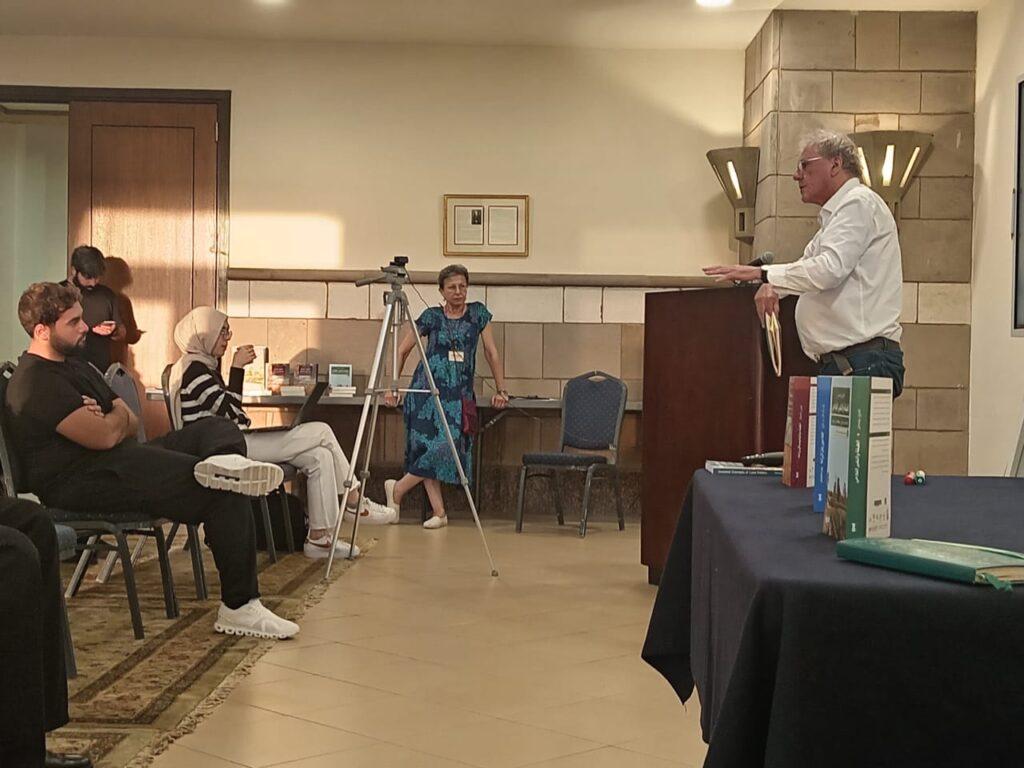
The two prominent researchers also addressed the issue of the imbalance of knowledge between the global North and South in studying and understanding the peasantry issue, as Western universities are able to provide their students and researchers with research tools and access to information, which is not usually available to universities and knowledge centers in the global South. The same applies to teams of researchers and experts in global financial institutions and international development finance institutions, which impose their rural development agenda through tools such as conducting successive studies on peasants and peasantry using uncritical theoretical frameworks that prioritize market mechanisms and “institution building” while neglecting the centrality of the family peasantry.
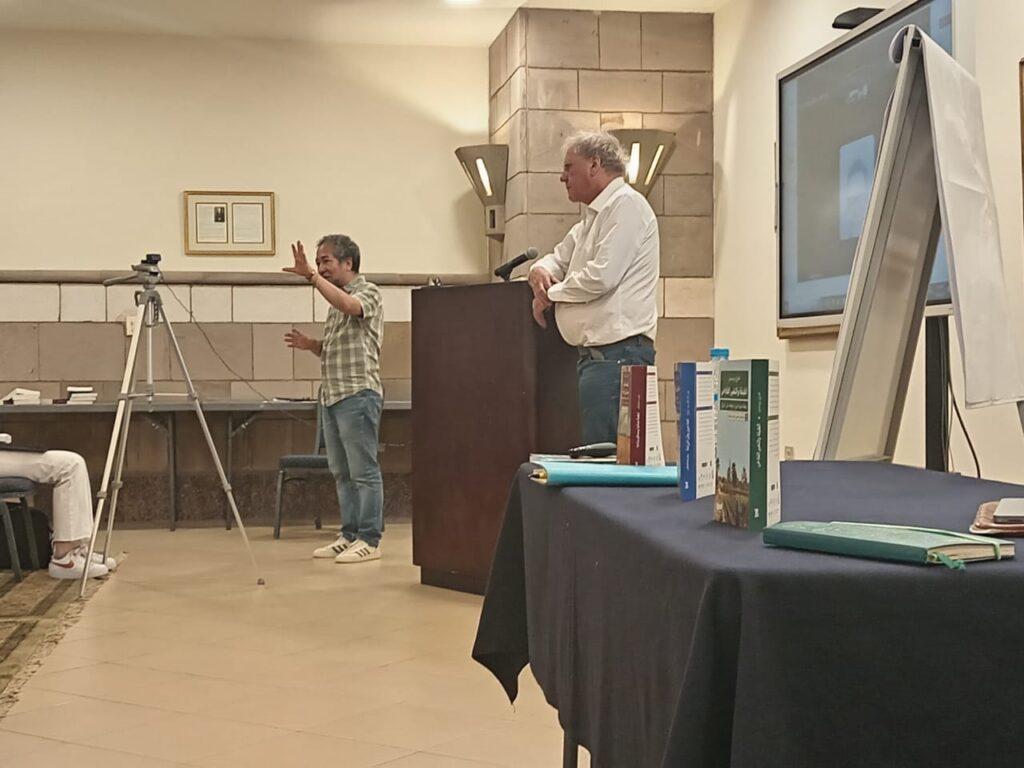
Jun Borras and Jan douwe van der ploeg emphasized the importance of the series of studies on farmers and agricultural change – through their translation into Arabic – in enriching the Arabic library and those concerned with agricultural issues in the Arab world with high-quality knowledge on agricultural issues, making it available as an open source for readers via SIYADA website, in addition to its availability in paper copies. This work also represents, as Borras mentioned, an effort to address the imbalance of knowledge between the global North and South.
Some of the audience’s comments addressed issues such as the links between agriculture on the one hand, and ecological agriculture, environmental degradation, and climate change on the other, as well as some comments on the applicability of the analytical lens of focusing on keywords in research areas other than agriculture.
Amr Khairy – Ali Aznauge
